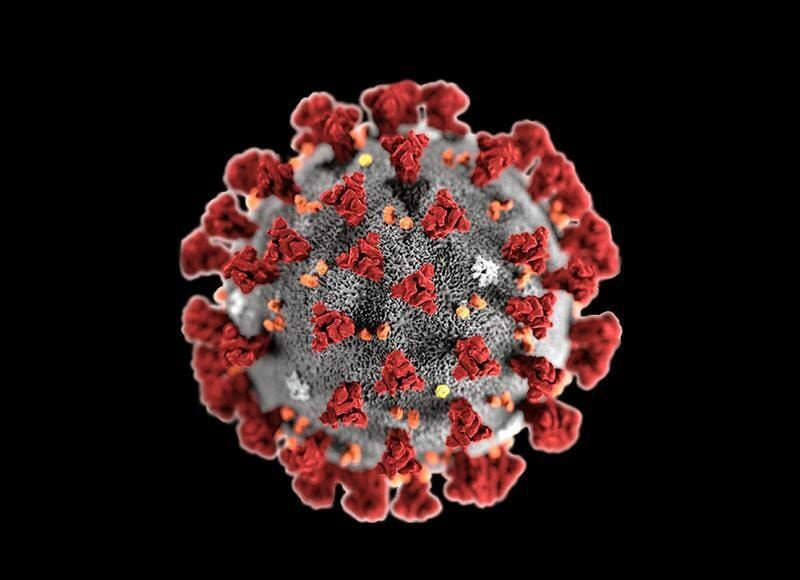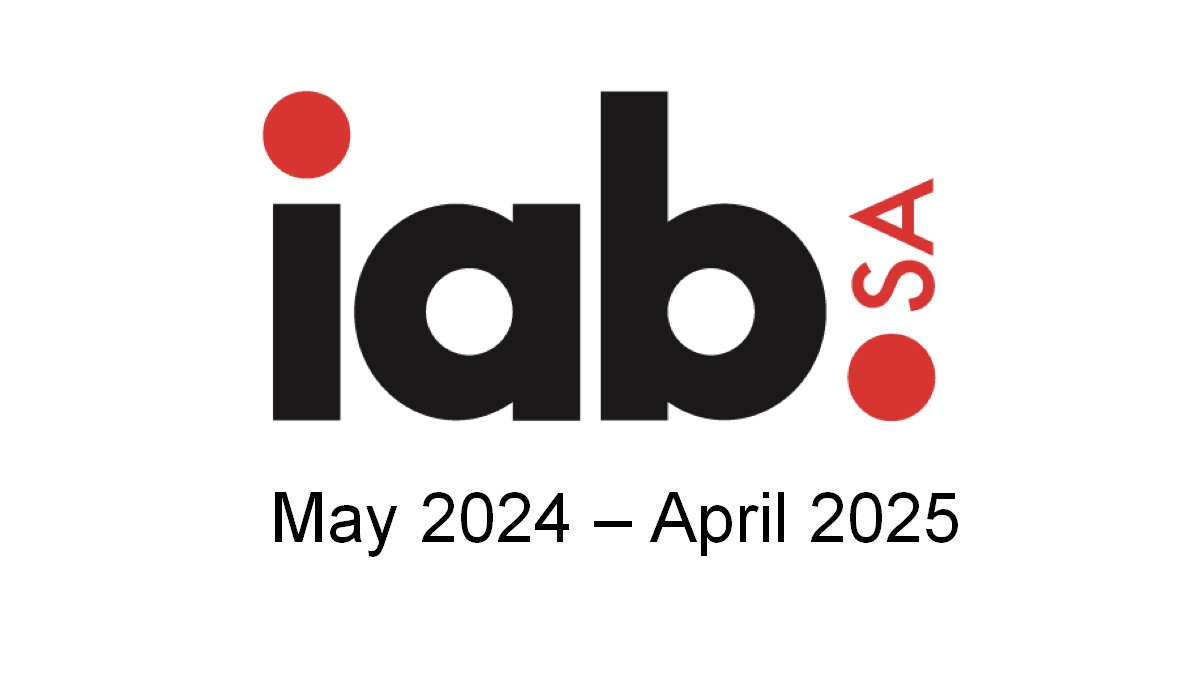South Africa is unlikely to escape the exponential growth in the number of new coronavirus cases after the lockdown.
This is the view of epidemiologist Professor Abdool Karim, chairperson of the ministerial advisory group on COVID-19.
But he said government intervention has done well to slow down the viral spread.
“The curve has been impacted and we have gained some time,” he said.
His comments came after Health Minister, Zweli Mkhize, announced that the number of people who have tested positive for Coronavirus have increased to 2272, an increase of 99 cases from yesterday. Two more COVID-19 related deaths were recorded, bringing the total to 27.
He said by 18 April, community transmission levels would guide the country on the next steps to take. If daily cases increase by more than 90, then the lockdown should continue, Karim said, warning that an abrupt return to normal life may lead to an increase in new infections.
“If community transmission is low, cases decline. If community transmission is increasing then cases and exponential curve will start again.
He said they were concerned about the densely populated areas such as Greater Johannesburg, Cape Town and Ekurhuleni.
Karim said government’s timely intervention was behind the slope in the number of daily infections, not a lack of testing, especially in poor areas. He said the high-risk areas remained Johannesburg, Cape Town and Ekurhuleni.
He said the low rate of infection gave South Africa time to ramp up its testing and screening.
Karim said the country would need a systematic approach to keeping the infection rate down while easing lockdown in stages.
“Lockdown bought SA some time (about 4 to 6 weeks) and will likely reduce peak case load (flattened curve)”




